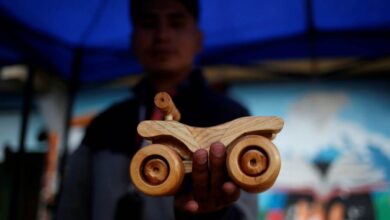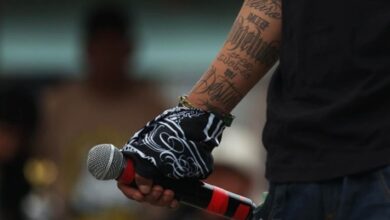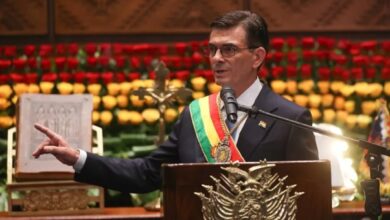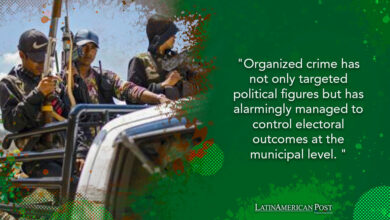Evo Morales’ Political Maneuvering Threatens Bolivia’s Democratic Stability
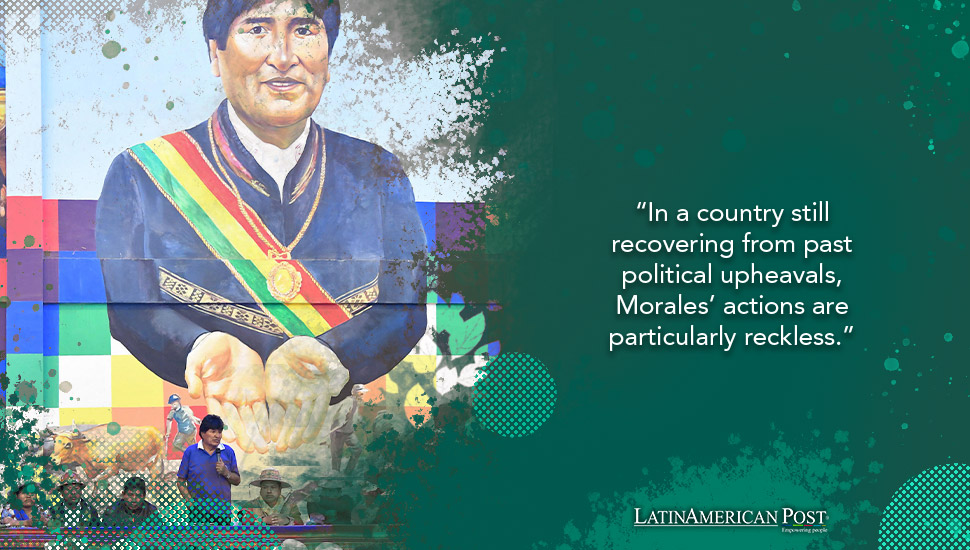
Evo Morales, Bolivia’s former president, is engaging in political actions that risk destabilizing democracy. While Morales claims to champion the people, his pursuit of power disregards the constitutional process and undermines the current government’s legitimacy.
Evo Morales’ Play Risks Bolivia’s Democracy
Evo Morales once celebrated as Bolivia’s first Indigenous president and a symbol of progressive governance is now jeopardizing the very democracy he helped establish. By positioning himself as the “sole candidate” for the 2025 elections and refusing to accept legitimate leadership changes within the Movement for Socialism (MAS) party, Morales is fueling political instability that could have dire consequences for Bolivia. His latest maneuver to undermine President Luis Arce’s government reveals a troubling willingness to sacrifice the country’s constitutional order in favor of personal ambition.
Bolivian unions and social organizations loyal to Arce have raised alarms about Morales’ intentions, accusing him of plotting a coup to reclaim the presidency. These accusations, however, should not be dismissed as mere political rhetoric. The Bolivian government and its allies have expressed legitimate concerns that Morales, encouraged by his supporters, is actively working to disrupt the nation’s political stability. The country cannot afford to let one man’s desire for power overshadow the need for unity and democratic governance.
In a country still recovering from past political upheavals, Morales’ actions are particularly reckless. Rather than respecting the democratic processes his administration once championed, Morales appears to be leveraging his influence to weaken Arce’s presidency. His ambition is clear: he seeks to return to power at any cost, even if it means undermining the constitution and destabilizing Bolivia’s fragile democracy.
The Dangerous Path of Political Division
The internal divisions within the MAS party have highlighted the growing rift between Morales and Arce’s supporters. What began as a debate over leadership has devolved into a power struggle that threatens to rip the party—and the country—apart. Morales’ refusal to accept the election of Grover García as the new president of MAS, following a congress held by Arce’s supporters, has deepened the conflict. Instead, Morales continues to claim leadership of the party, refusing to acknowledge any authority but his own.
This infighting is not just about party politics but the future of Bolivia’s democratic institutions. Morales’ faction, often called the “Evismo,” has openly challenged the constitutional process, with Morales leading marches and protests to demand recognition of his leadership. These actions only deepen the political crisis, diverting attention from the country’s urgent economic challenges and further polarizing Bolivian society.
The political division has constantly threatened national stability, but Morales’ trajectory is perilous. By fostering an environment of conflict and distrust, he risks dragging Bolivia into prolonged unrest. The consequences of such division are severe, as they erode public confidence in democratic institutions and create space for anti-democratic forces to gain influence. If Morales continues down this path, Bolivia’s democratic future could be at risk.
Economic Crisis and the Misplaced Blame Game
Amid this political infighting, Bolivia faces a mounting economic crisis, with inflation, fuel shortages, and a scarcity of essential goods affecting its citizens’ daily lives. Yet, instead of uniting to address these pressing issues, Morales has sought to blame the Arce administration for the country’s economic woes. This blame game is both disingenuous and counterproductive, as it distracts from the real work needed to stabilize the economy.
Bolivia’s challenges are not unique; countries across the region are grappling with the economic fallout from the global pandemic and rising inflation. However, Morales has used the crisis to undermine Arce’s government, accusing it of mismanagement while conveniently ignoring the broader structural factors contributing to the current situation.
While Bolivia’s economic problems require urgent attention, Morales’ focus on political gain at the expense of national unity is a dangerous distraction. He is exacerbating the crisis instead of contributing to solutions by fostering instability and uncertainty. As Bolivia struggles to address fuel shortages, rising food prices, and a lack of foreign currency, the country’s last need is a political leader who prioritizes personal ambition over the well-being of its citizens.
Preserving Bolivia’s Democratic Future Amid Political Infighting
Bolivia’s democracy has weathered many challenges, from political upheavals to economic crises, but it remains fragile. The country’s ability to maintain a stable and functioning democracy depends on its leaders’ willingness to respect the rule of law and put the people’s needs above personal ambition. Unfortunately, Morales’ actions suggest he is more interested in reclaiming power than protecting Bolivia’s democratic institutions.
It is critical that Bolivia’s political leaders, including Morales, recognize the importance of unity during these challenging times. The country cannot afford to be divided by one man’s personal ambitions. If Morales truly cares about Bolivia’s future, he must step aside and allow the democratic process to function without interference. His continued efforts to undermine Arce’s government and reclaim control of the MAS party only weakened the institutions meant to protect the Bolivian people.
The international community also has a role in supporting Bolivia’s democracy. While political divisions are an internal matter, the consequences of a destabilized Bolivia could have far-reaching effects across the region. Regional and global actors must encourage dialogue and peaceful resolution of the current political crisis rather than allowing it to spiral into further unrest.
Also read: Bolivian President Morales’ Criticism Reflects Leftist Stance Against Free Speech
Evo Morales’ recent actions seriously threaten Bolivia’s democracy. His refusal to accept legitimate leadership changes within his own party and his efforts to undermine President Arce’s government risk destabilizing the country and plunging it into further political turmoil. Bolivia deserves leaders who will put the needs of the people first, not those who seek power at any cost. For the sake of Bolivia’s future, it is time for Morales to step aside and let the country move forward.


